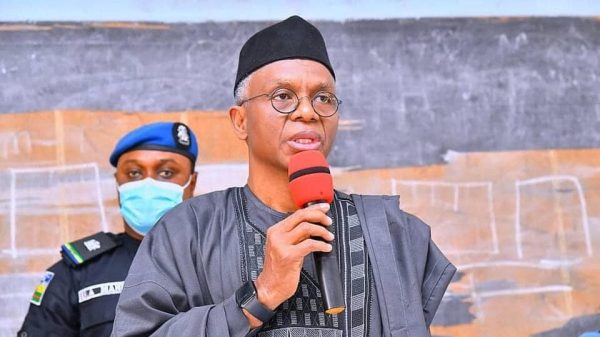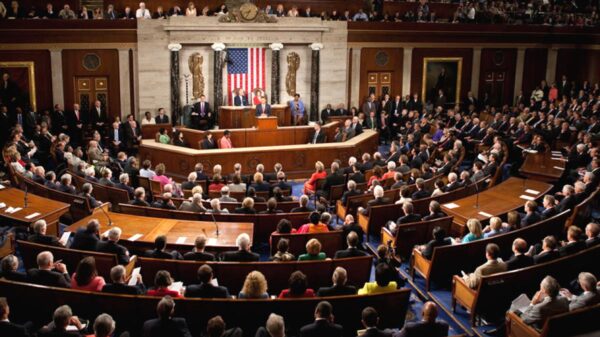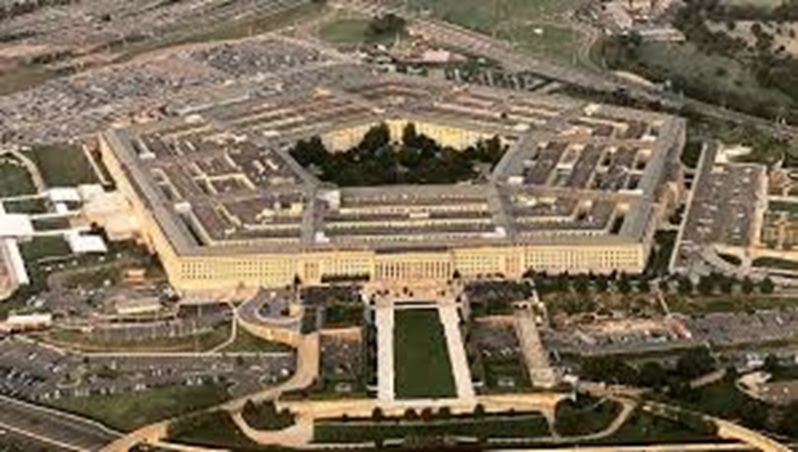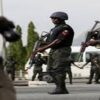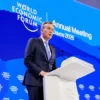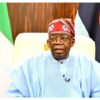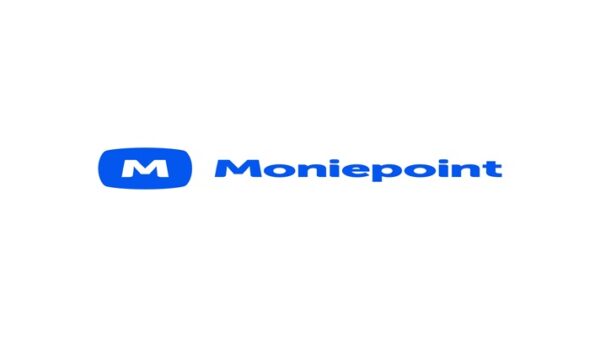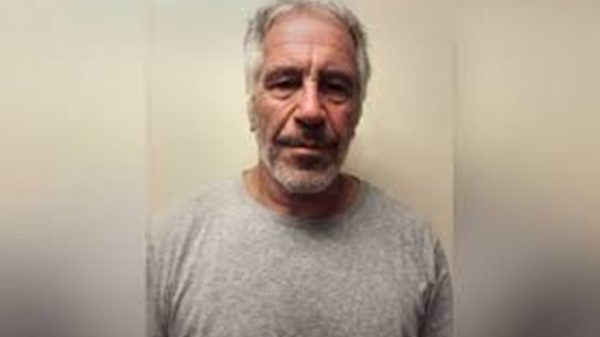Pentagon has introduced sweeping new rules that significantly tighten restrictions on journalists covering the United States military, requiring reporters to sign affidavits pledging not to publish material that has not been formally cleared for release.
The measures also limit journalists’ ability to move freely within the Department of Defense headquarters.
The guidelines, outlined in a memo distributed on Friday, September 19, stipulate that media organisations must agree to the new conditions in order to retain press credentials. Reporters are now required to obtain explicit authorisation before publishing information, even when the material is unclassified. The rules extend to classified and so-called “controlled unclassified information,” which covers a wide range of internal communications and operational details.
The memo insists the Pentagon “remains committed to transparency to promote accountability and public trust,” but critics argue the rules amount to censorship. Defence Secretary Pete Hegseth, defending the changes on social media, said: “The press does not run the Pentagon — the people do. The press is no longer allowed to roam the halls of a secure facility. Wear a badge and follow the rules — or go home.”
In addition to content restrictions, journalists will face new physical limitations within the Pentagon building itself. Reporters can no longer move freely and will need escorts for access to many areas of the complex.
The move follows sustained efforts by President Donald Trump’s administration to exert tighter control over media coverage. The president has previously suggested that negative stories about his leadership could be “illegal,” drawing criticism from press freedom advocates.
Hegseth himself has come under scrutiny in the past. Earlier this year, he was criticised for disclosing the timing of US air strikes on Houthi forces in Yemen in a private Signal chat that inadvertently included a reporter. Reports also indicated he shared sensitive details in another group that included his wife.
Reaction to the new media restrictions was swift. A spokesperson for The New York Times, which has frequently clashed with Trump, described the rules as “yet another step in a concerning pattern of reducing access to what the US military is undertaking at taxpayer expense.”
Mike Balsamo, president of the National Press Club, condemned the restrictions in a statement urging the Pentagon to rescind them. “If the news about our military must first be approved by the government, then the public is no longer getting independent reporting. It is getting only what officials want them to see. That should alarm every American,” he said.
The policy is expected to intensify debate in Washington over transparency, accountability, and the boundaries of press freedom at a time when relations between the Trump administration and major media outlets remain highly confrontational.
![]()


